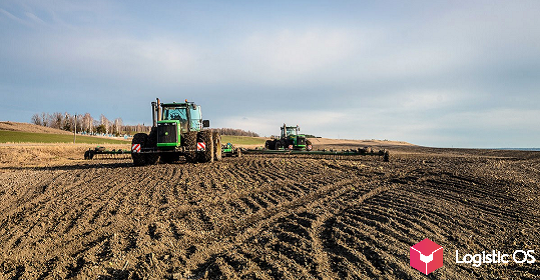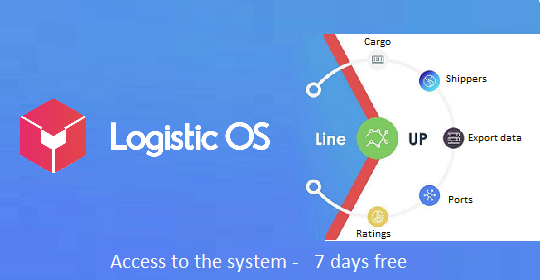As part of the expansion of anti-Russian sanctions, the European Commission has decided to introduce duties on nitrogen fertilizers.
It is planned that in the near future, all agricultural imports from Russia and Belarus may fall under EU sanctions.
However, the measures should not affect those goods that are transiting the EU and are intended for third countries.
It is emphasized that the refusal to import fertilizers from Russia is due to the fact that the EU currently depends to some extent on the supply of nitrogen fertilizers from the Russian Federation, therefore, it could use them as a tool of pressure.
In order to protect itself from such risks, Europe has decided to refuse Russian products in this area in advance.
European officials also expect that the refusal to import fertilizers from Russia will stimulate their own production within the union.
However, despite this, the initiators of the project realize that the introduction of such a measure could cause a significant increase in fertilizer prices.
This is practically spelled out in the document in plain text: it mentions “mitigating measures” in case European farmers have to face a noticeable increase in the price of fertilizers.
Experts note that the decision is generally questionable, since many enterprises are currently closing in the EU due to the high cost of energy, and nitrogen fertilizers are produced directly from natural gas, which is also in short supply in Europe.
Therefore, the idea that Europe will produce fertilizers itself, replacing imports from Russia, seems rather dubious.
At the same time, analysts in Russia note that the new sanctions are unlikely to have a noticeable impact, because at the moment, agricultural product deliveries from Russia to Europe are already very insignificant.
The deliveries of the most basic product categories – grains and oilseeds, as well as processed products – have already been blocked.
At the same time, as for fertilizers, the EU is indeed buying them in Russia in large quantities for now.
If it is not possible to establish supplies to European farmers through third countries, then Russian producers will have to look for new markets again, which could become quite a serious task.
In general, in January-November 2024, EU countries bought fertilizers from Russia for almost 1.7 billion dollars.
At the same time, Brazil bought fertilizers for 3.4 billion, and India and China together — for 1.8.
Therefore, although Europe remains an important buyer, it is far from the only one and not even the main one, so it will most likely be possible to redistribute unclaimed supply volumes.

